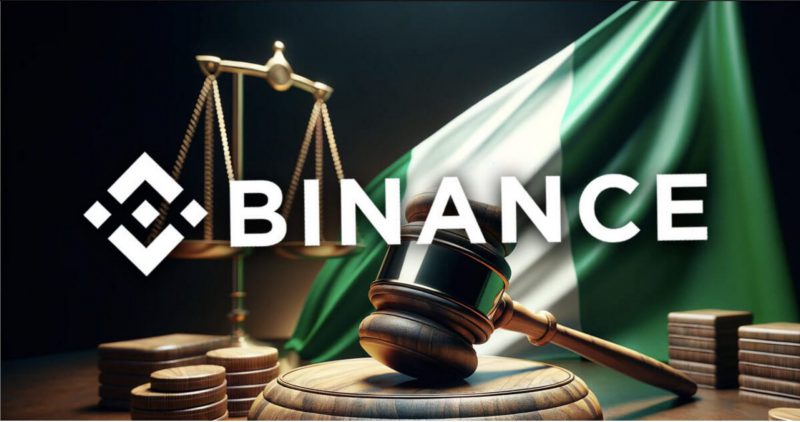Nigeria has reportedly filed Tax Evasion charges against global cryptocurrency heavyweight Binance. The charges were filed at Abuja’s Federal High Court and announced by the Federal Inland Revenue Service (FIRS) today. The suit accuses the exchange of four counts of tax evasion.
Also Read: Binance Executives Still in Nigeria Custody After Court Appearance
The development comes on the heels of Nigeria detaining two Binance executives last month. The two executives are Tigran Gambaryan, a U.S. citizen and the exchange’s head of financial crime compliance, and Nadeem Anjarwalla, a British Kenyan, the platform’s regional manager for Africa. Both faced detention upon arrival in Nigeria on Feb. 26, 2024. However, according to the two executives, no charges were filed against them when detained. However, one of the accused, Nadeem Anjarwalla, reportedly escaped custody.
What are the charges against Binance?


The Nigerian government has reportedly charged Binance with failure to register with FIRS for tax purposes and violating the existing tax law. The lawsuit also highlights the exchange’s alleged failure to collect and forward various categories of taxes to the FIRS.
The lawsuit also points to Binance’s failure to issue invoices for VAT purposes.
According to the FIRS chairman Dare Adekanmbi’s spokesperson, ‘Any company that transacts in excess of N25 million is deemed by the Finance Act to be present in Nigeria.‘
The official added, ‘According to this rule, Binance falls into that category. So, it has to pay taxes like Company Income Tax (CIT) and also collect and pay Value Added Tax (VAT).‘
Furthermore, Adekanmbi’s spokesperson said, ‘But Binance did not do this properly. So, the company broke Nigerian laws and could be investigated and taken to court for this infraction.‘
Also Read: Binance Coin Weekend Price Prediction: Can BNB Hit $600?
Binance has yet to make an official announcement regarding its latest run-in with the law. The exchange was earlier accused by the US SEC (Securities and Exchange Commission) of allegedly selling unregistered securities. The exchange paid $4.3 billion to settle its case with the Department of Justice (DOJ) and the Commodity Futures Trading Commission (CFTC).





